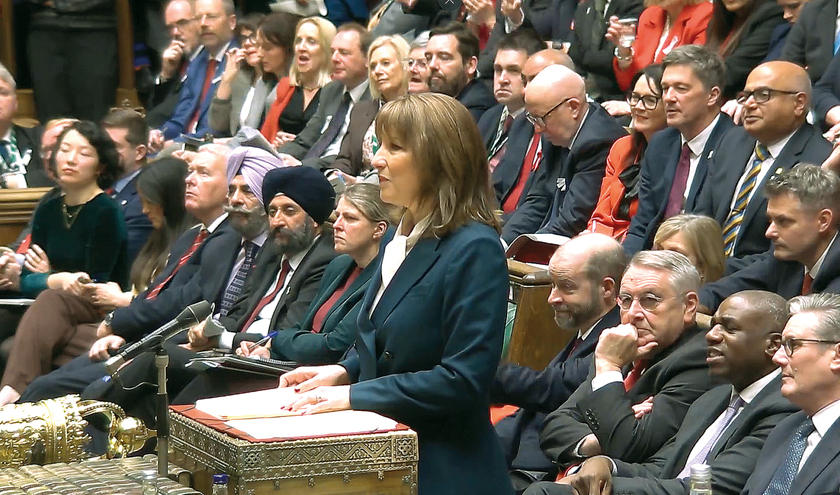The further consultation on the NHS Standard Contract 2025/26 closes on 28 April.
The consultation states: ‘The proposed changes give commissioners greater control in the management of activity based on a contract IAP.'
Included in the changes are the option for ICBs to set an indicative activity plan (IAP) if none have been agreed within three months of service commencement.
Commissioners are also given the powers to set an activity management plan (AMP) if none have been agreed with providers.
An escalation route to NHSE for providers where commissioners have not followed guidance.
The guidance, which also gives ICBs the power to set minimum waiting times for services, received a mixed response.
Nuffield Trust senior policy analyst Sally Gainsbury said it left ICBs ‘with no clear process to rationally decide which forms of activity it is least harmful to hold down and which, if necessary, should be permitted to exceed plans'.
Gainsbury warned of the potential for ‘inequity and undermine public trust in the NHS', adding there was an ‘urgent need for work on the trade-offs to guide ethical decision making on how healthcare resources are to be prioritised'.
Isabel Lawicka, director of policy and strategy, NHS Providers, said the new approach was ‘one step closer' to ‘effective commissioning for elective services that will enable trusts to reduce waiting lists as quickly as possible', but cautioned the ‘devil will be in the detail'.
‘The success or failure of the proposals depends on the level of activity providers are commissioned to do and the need for constructive, local working relationships, which for example, would avoid plans being imposed on providers by commissioners if no agreement is reached,' Lawicka said.
She added it was ‘vital' that factors beyond trusts' control such as pay disputes were built into a flexible approach of delivering planned services.
Lawicka added: ‘While trusts understand the need to impose financial controls to ensure elective activity remains affordable, there must also be an acknowledgement that they face major financial and workforce constraints this year which could have an impact on their ability to deliver care.'



